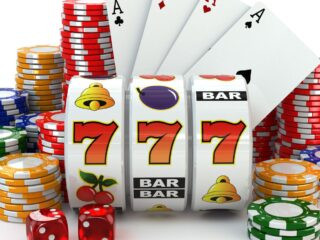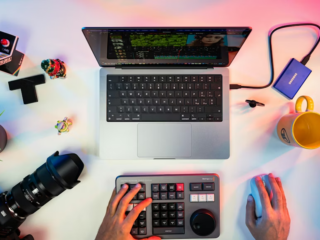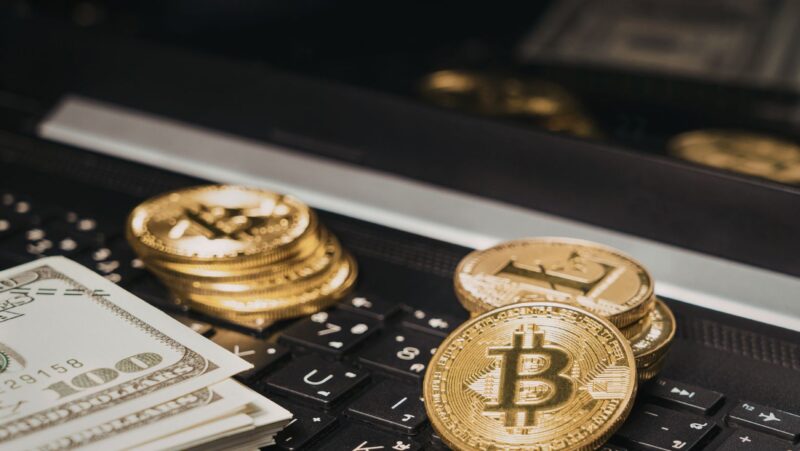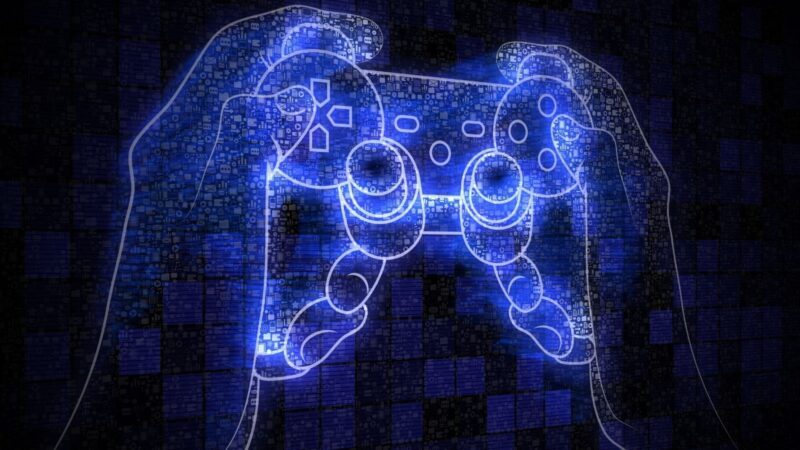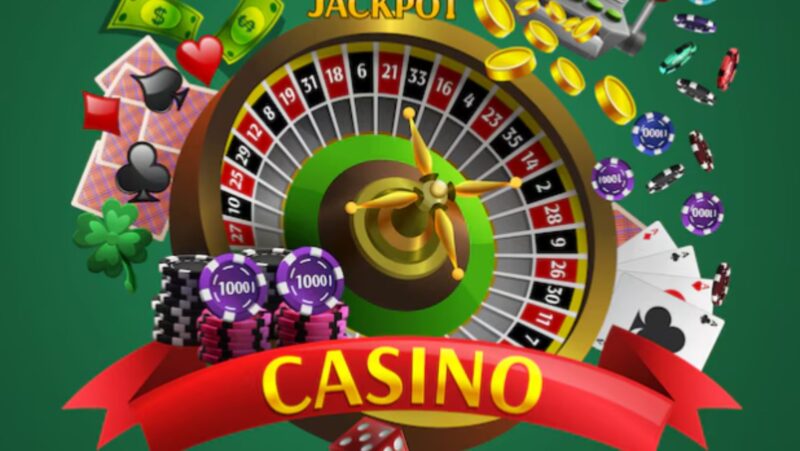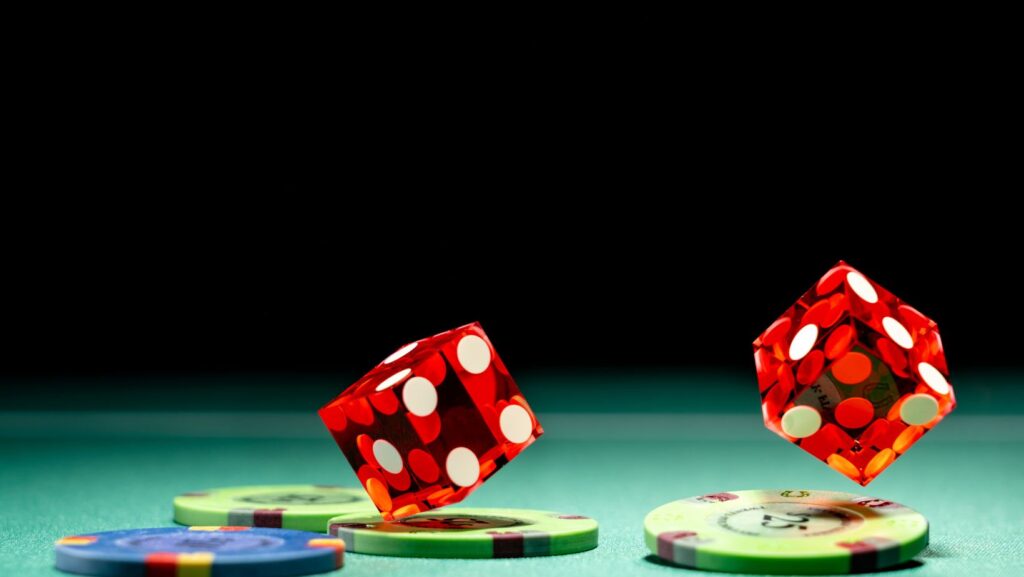
Used to hit the casino sites right after dinner, usually around 8 or 9 PM. Felt like the perfect time—work was done, kids were settled, had a couple hours to unwind before bed. Problem was, I was making terrible decisions and didn’t even realize it.
Took me six months to figure out that my worst losses happened during late-night sessions when I was already mentally drained from the day. My brain thought it was relaxing, but it was actually operating at about 60% capacity.
Now I stick to afternoon gambling sessions when my mind is sharp. The difference in decision-making quality is night and day.
Late-evening gaming requires extra caution since fatigue affects judgment. SkyCrown Casino offers 24/7 gaming access with various deposit options and promotional offers, making it important to choose your playing times based on mental alertness rather than just convenience.
The Tired Brain Trap
When you’re mentally tired, your brain takes shortcuts. In gambling, shortcuts equal bad decisions. You stop calculating odds, ignore bankroll limits, chase losses more aggressively. Everything becomes about getting quick results instead of making smart choices.
I started tracking my sessions by time of day over three months. The pattern was brutal: losses after 9 PM averaged 40% higher than afternoon sessions. Same games, same strategies, completely different results based purely on when I played.
Personal wake-up call: Lost $180 in 30 minutes at 10:30 PM playing blackjack hands I would never have played at 2 PM. My tired brain was on autopilot, making decisions my alert brain would have rejected instantly.
Why Evening Sessions Feel Different
There’s something seductive about late-night gambling. Feels more exciting, like you’re breaking rules by staying up past responsible adult bedtime. The house is quiet, everyone else is asleep—it’s just you and the games.
But that “exciting” feeling is actually your tired brain seeking stimulation to stay awake. You end up betting bigger and taking more risks because your sleepy mind needs extra dopamine hits to maintain interest.
Reality check: What felt like “getting into the zone” was actually my judgment getting progressively worse as the night went on.
The 3 PM vs 10 PM Experiment
For two months, I ran identical sessions at different times. Same games, same starting bankroll, same planned duration. The only variable was whether I played at 3 PM or 10 PM.
Afternoon results: Won 38% of sessions, average loss during losing sessions was $67. Evening results: Won 22% of sessions, average loss during losing sessions was $94.
The tired brain wasn’t just making worse decisions—it was making consistently worse decisions. Lost more often and lost bigger amounts when things went wrong.
Different game types showed varying sensitivity to fatigue. Quick-action games on platforms like aviatoronlinebet.com/pt/ became especially problematic during tired sessions since reaction time and decision speed both suffered when mentally drained.
The Emotional Regulation Problem
Being tired doesn’t just affect logical thinking—it destroys emotional control. Bad beats that I’d shrug off during the day became infuriating at 11 PM. Small losses felt devastating. Wins felt less satisfying, so I needed bigger ones to feel good.
This emotional instability led to the worst gambling behavior: increasing bet sizes based on feelings instead of logic, playing longer to “fix” bad moods, making desperate plays to generate excitement.
Breakthrough insight: Started asking myself “Am I making this bet because it’s smart, or because I’m tired and need stimulation?” Honest answer was scary most of the time.
The Sleep Debt Factor

Turns out, being tired from a long day is bad enough. But if you’re running on accumulated sleep debt from multiple days, the decision-making problems compound dramatically.
I compared my gambling logs with my sleep tracker data over two months. Sessions after getting less than 6 hours of sleep the previous night resulted in losses 73% of the time. Well-rested sessions (7+ hours) were much more balanced.
Sleep affects everything: attention span, risk assessment, impulse control, even how you interpret visual information on screens. All critical for making good gambling decisions.
Finding My Gaming Sweet Spot
Through systematic testing, I discovered my optimal gambling window: 1 PM to 5 PM on weekends, 2 PM to 4 PM on weekdays. Times when I’m naturally alert but not overstimulated from work stress.
These sessions feel completely different. I remember hands more clearly, make fewer impulsive decisions, walk away at predetermined stopping points instead of playing “just one more hour.”
Personal rule now: If I’m too tired to do math in my head or remember what happened three hands ago, I’m too tired to gamble wisely.
The Bottom Line
Your brain is your most important gambling tool. Playing with a tired brain is like trying to drive with bad brakes—you might get lucky for a while, but eventually something bad will happen.
Start paying attention to when you make your best and worst gambling decisions. Most people will find a clear pattern related to mental energy levels. Once you see it, you can’t unsee it.
Save your gambling budget for times when your mind is sharp enough to use it wisely. Late-night sessions might feel more exciting, but they’re usually just more expensive.





